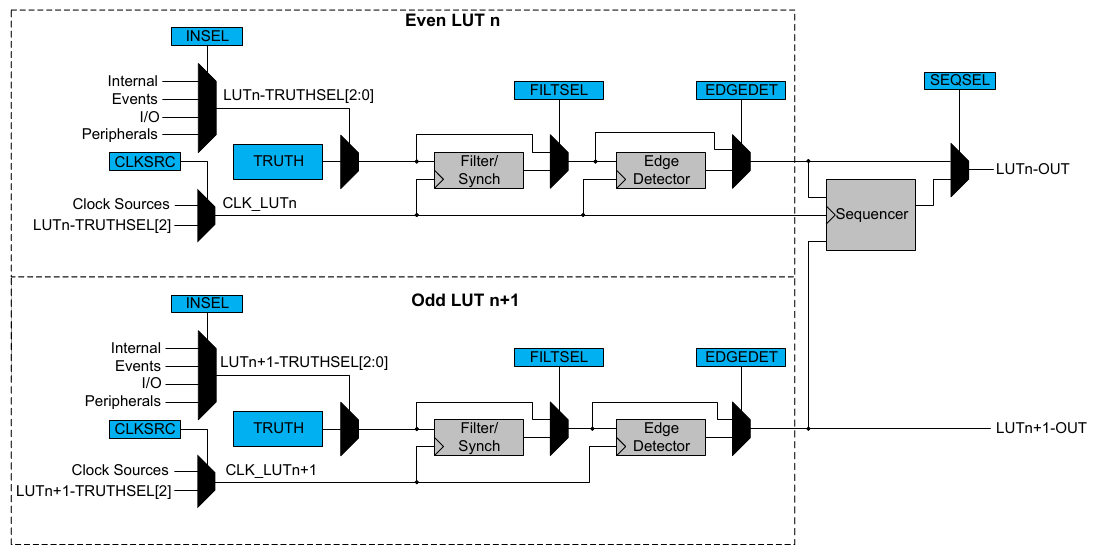Being tax compliant: Insights for businesses expanding globally
Implementing a strategic approach to legal compliance, data privacy, and regulatory alignment is crucial for Indian exporters aiming to expand into international markets.


As businesses pursue global expansion, they unlock opportunities to tap into lucrative markets, which boast vast consumer bases with high purchasing power. These markets offer the potential for increased revenue, brand recognition, and diversification across international supply chains. However, with these opportunities come challenges, as exporters must navigate the complex legal frameworks governing international trade.
Trade regulations, tariffs, quotas, and agreements vary across countries and regions, creating potential bottlenecks. Non-compliance with these rules can lead to significant penalties, including hefty fines, import restrictions, or bans, disrupting market access and supply chains. To mitigate these risks, Indian firms must understand export-import laws and the nuances of country-specific legal frameworks and develop strategies accordingly.
Foreign Trade Agreements (FTAs) are a key component of this broader global expansion strategy. These are designed to facilitate trade by removing restrictions such as tariffs, import quotas, and export limits, promoting smoother cross-border transactions. India has been proactive in forging such agreements, having signed thirteen FTAs with countries worldwide in the last five years to enhance its international trade relations. This signals an evolving trade space where firms can strategically align their expansion with legal safeguards embedded in these agreements.
By integrating FTAs into their legal strategies, Indian firms can navigate foreign regulatory ecosystems with greater confidence, ensuring smoother market entry and long-term operational stability. Image Source: Shutterstock
Tax tactics for diverse laws
The challenge is not limited to varying tariffs; it extends to differing tax systems.
The US, for example, presents a complex space with its layered tax structure, including federal taxes, state-specific sales taxes, and economic nexus laws. Each state has unique requirements. For example, New York imposes a 4% state sales tax, while Oregon eliminates this burden with no sales tax at all, significantly affecting operational costs. Additionally, most states, including Texas and Florida, enforce economic nexus laws, requiring businesses to remit and collect sales tax if their revenue or transaction volume exceeds specified thresholds, even without a physical presence. Understanding these specifications is critical to ensuring compliance, but the process is often daunting and time-intensive, creating significant hurdles for businesses aiming to operate smoothly in such markets.
Here, automated tax compliance software powered by cloud technology offers a comprehensive solution to tackle the complexities of regulatory compliance and streamline tax processes. Cutting-edge software can ensure rooftop accuracy in calculating tax rates across all US jurisdictions, reducing the risk of manual errors. By leveraging technology, the software simplifies compliance by tracking filing deadlines and schedules, ensuring more timely submissions and payments. Automating documentation and filing workflows can significantly reduce administrative burdens and enhance operational efficiency. Additionally, these solutions monitor regulatory changes, enabling businesses to stay ahead of changing tax laws and ensuring more stress-free compliance.
Achieving seamless compliance
Adding to the list of strategic assistance, securing an Import Export Code (IEC) from the Directorate General of Foreign Trade (DGFT) should be a priority of Indian exporters. For example, digital service providers exporting internationally can leverage the IEC to access benefits such as tax exemptions or incentives. Although service exports are generally exempt from requiring an IEC, they may need one if benefits under the Foreign Trade Policy are being sought.
Next, businesses must align their offerings with the ITC-HS classification system. For instance, a company exporting automotive components like engines and transmissions must correctly classify these under the appropriate ITC-HS codes. This ensures greater compliance with trade regulations, enables smoother customs clearance, and allows the company to benefit from preferential tariffs under FTAs. Additionally, the company must adhere to safety and environmental regulations in different markets to avoid delays or legal risks, making proper classification a key part of a successful global export strategy.
Exporters should consider engaging a legal advisor or accountant who specialises in international data privacy and compliance. These professionals are well-versed in regulations such as the EU's GDPR (General Data Protection Regulation), which safeguards the privacy and personal data of EU citizens. With their expertise, businesses can stay informed about regulatory changes well in advance, enabling them to adapt their compliance frameworks and prepare for new requirements before they come into effect. This proactive approach ensures that service delivery aligns seamlessly with evolving legal standards.
Fortunately, many specialised service providers offer end-to-end solutions to tackle critical compliance challenges effectively. These may include robust features like data encryption, advanced access controls, and adherence to global privacy standards, ensuring businesses meet the highest levels of data security. Their automated solutions may not only streamline complex tasks such as applying for exemptions or incentives but also enable accurate classification of products under the correct ITC-HS codes. By calculating taxes upfront using automated HS code classification, businesses can reduce errors, present customs duties transparently at the time of purchase, and decrease unexpected surprises for customers. Furthermore, these providers simplify the entire compliance process through a unified tax platform, enhancing operational efficiency and readiness.
Path for smooth trading
Implementing a strategic approach to legal compliance, data privacy, and regulatory alignment is crucial for Indian exporters aiming to expand into international markets. By mitigating risks through robust legal frameworks and the right technology, businesses protect their investments and build credibility in global markets. Ensuring smooth market entry by understanding local trade regulations, tax requirements, and security protocols provides a competitive edge while safeguarding against potential legal pitfalls. This lays a strong foundation for long-term success, fostering trust with international partners and customers, and unlocking opportunities for sustainable growth across borders.
(Sainath Gandewar is the Senior Director of Finance at Avalara India.)
Edited by Kanishk Singh
(Disclaimer: The views and opinions expressed in this article are those of the author and do not necessarily reflect the views of YourStory.)





































































































































































![[The AI Show Episode 145]: OpenAI Releases o3 and o4-mini, AI Is Causing “Quiet Layoffs,” Executive Order on Youth AI Education & GPT-4o’s Controversial Update](https://www.marketingaiinstitute.com/hubfs/ep%20145%20cover.png)





























































































































![[FREE EBOOKS] Learn Computer Forensics — 2nd edition, AI and Business Rule Engines for Excel Power Users & Four More Best Selling Titles](https://www.javacodegeeks.com/wp-content/uploads/2012/12/jcg-logo.jpg)





![From Art School Drop-out to Microsoft Engineer with Shashi Lo [Podcast #170]](https://cdn.hashnode.com/res/hashnode/image/upload/v1746203291209/439bf16b-c820-4fe8-b69e-94d80533b2df.png?#)






































































































(1).jpg?#)



















![[Updated] Samsung’s 65-inch 4K Smart TV Just Crashed to $299 — That’s Cheaper Than an iPad](https://www.androidheadlines.com/wp-content/uploads/2025/05/samsung-du7200.jpg)












_Inge_Johnsson-Alamy.jpg?width=1280&auto=webp&quality=80&disable=upscale#)










































































































![Apple to Split iPhone Launches Across Fall and Spring in Major Shakeup [Report]](https://www.iclarified.com/images/news/97211/97211/97211-640.jpg)
![Apple to Move Camera to Top Left, Hide Face ID Under Display in iPhone 18 Pro Redesign [Report]](https://www.iclarified.com/images/news/97212/97212/97212-640.jpg)
![Apple Developing Battery Case for iPhone 17 Air Amid Battery Life Concerns [Report]](https://www.iclarified.com/images/news/97208/97208/97208-640.jpg)
![AirPods 4 On Sale for $99 [Lowest Price Ever]](https://www.iclarified.com/images/news/97206/97206/97206-640.jpg)






































































































